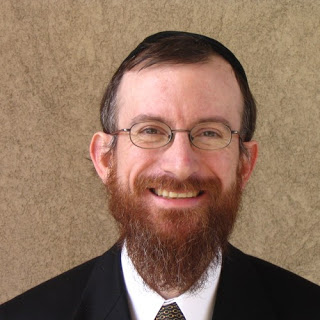No, no relation! Peter Menkin is an Episcopal writer, and this article appeared in the San Francisco Examiner and the Church of England Newspaper. Interesting style and all, you do learn a lot about Project Genesis via this article — so with his permission I’ve reprinted it here.
Interview: Internet Rabbi Yaakov Menken speaks about his Religious Education work with www.Torah.org
In an interview on Religious Education, Orthodox Rabbi Yaakov Menken talks of his work with the successful teaching website www.Torah.org and tells readers all about what to expect as students
by Peter Menkin
 |
| Founder and Director of www.Torah.org, Rabbi Yaakov Menken of Baltimore, Maryland, USA |
This is the second interview in three that constitute the final article-interview on Religious Education. The unique aspect of this interview has to do with the success of internet education and its use in the teaching of Torah and Jewish learning purposes, as well, of Orthodox Jewish adult education. In this interview with Religion Writer Peter Menkin, Director of www.torah.org spoke with the writer over a period of a few months, from December, 2011, through the 20th of March, 2012. Rabbi Yaakov Menken (no relation to the Religion Writer), speaks with an authority born of education, training, and experience. He shows a love of learning, and like the other three Rabbis who are part of this interview series of three about the internet learning site, with its 78,000 subscribers, Rabbi Yaakov has a warmth for the reality of the work and their experience in reaching out to both Jews and non-Jews in many parts of the world–in fact, worldwide as well as the United States. The phone conversations held from Peter Menkin’s home office in Mill Valley, California to Rabbi Yaakov’s office at www. Torah.org and his own home in Baltimore, went well.
